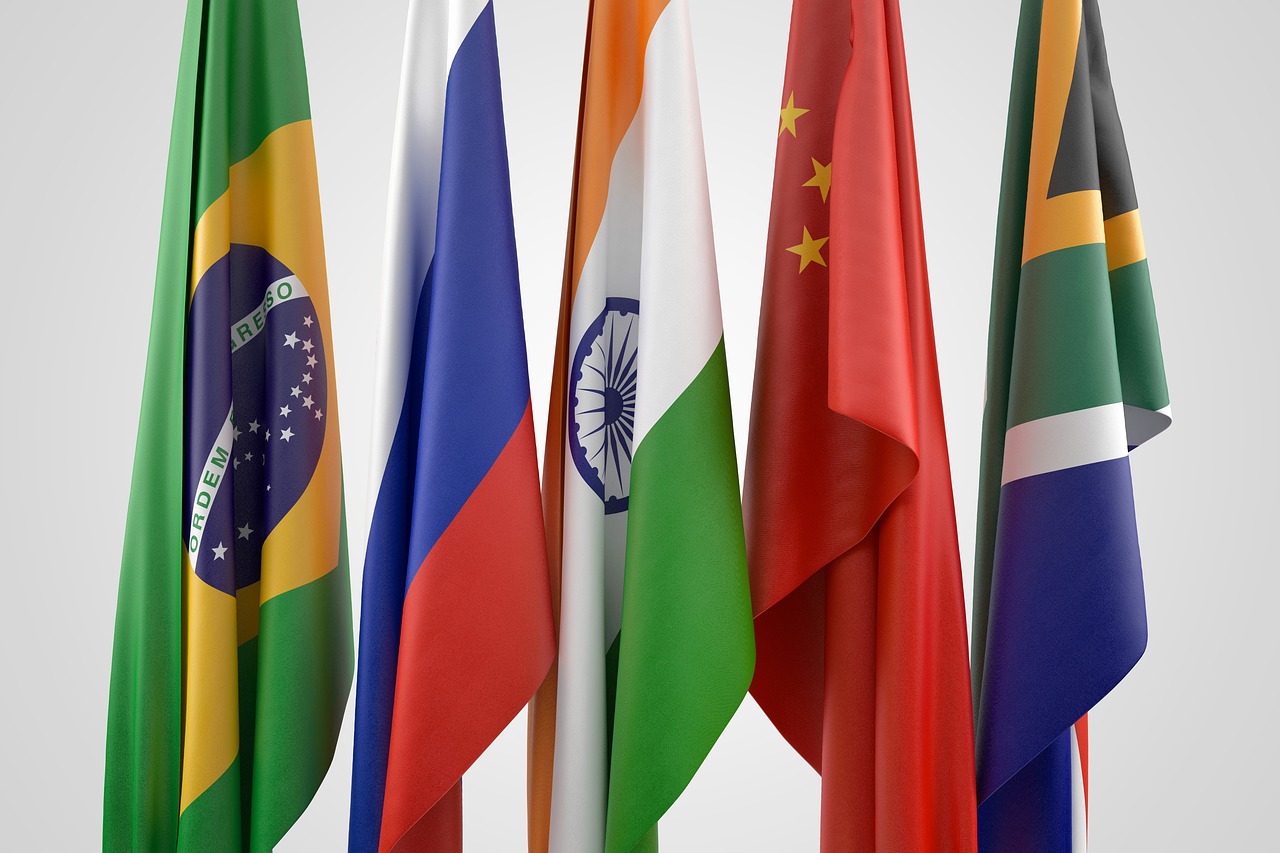BRICS: 7 Countries Applied For Membership Within a Week
26.06.2024 9:00 1 min. read Kosta Gushterov
Interest in BRICS membership is on the rise, with seven countries applying to join just one week after the recent foreign ministers' meeting.
Delsey Rodriguez, Venezuela’s vice president, announced at an economic seminar in Caracas that the South American nation is another new candidate.
This follows the bloc’s move at its annual summit in 2023, when it invited and approved the accession of Iran, Ethiopia, Egypt and the UAE.
Along with Venezuela, Thailand, Malaysia, Zimbabwe, Colombia, Vietnam and Pakistan have also applied for membership. Rodríguez emphasized Venezuela’s readiness to accept the changing world order.
Pakistan, through Senator Mushahid Hussain Syed, expressed its interest in joining BRICS for the first time, stressing increasing efforts of Russia and China in Southeast Asia to strengthen BRICS influence.
With Thailand and Malaysia, which are preparing for membership, BRICS is poised for a potential second expansion at its annual summit in October 2024, underscoring the alliance’s growing geopolitical importance.
-
1
Trump Targets Powell as Fed Holds Rates: Who Could Replace Him?
27.06.2025 9:00 2 min. read -
2
U.S. PCE Inflation Rises for First Time Since February, Fed Rate Cut Likely Delayed
27.06.2025 18:00 1 min. read -
3
Key U.S. Economic Events to Watch Next Week
06.07.2025 19:00 2 min. read -
4
Gold Beats U.S. Stock Market Over 25 Years, Even With Dividends Included
13.07.2025 15:00 1 min. read -
5
U.S. Announces Sweeping New Tariffs on 30+ Countries
12.07.2025 16:30 2 min. read
US Inflation Heats Up in June, Fueling Uncertainty Around Fed Cuts
U.S. inflation accelerated in June, dealing a potential setback to expectations of imminent Federal Reserve rate cuts.
Gold Beats U.S. Stock Market Over 25 Years, Even With Dividends Included
In a surprising long-term performance shift, gold has officially outpaced the U.S. stock market over the past 25 years—dividends included.
U.S. Announces Sweeping New Tariffs on 30+ Countries
The United States has rolled out a broad set of new import tariffs this week, targeting over 30 countries and economic blocs in a sharp escalation of its trade protection measures, according to list from WatcherGuru.
Key U.S. Economic Events to Watch Next Week
After a week of record-setting gains in U.S. markets, investors are shifting focus to a quieter yet crucial stretch of macroeconomic developments.
-
1
Trump Targets Powell as Fed Holds Rates: Who Could Replace Him?
27.06.2025 9:00 2 min. read -
2
U.S. PCE Inflation Rises for First Time Since February, Fed Rate Cut Likely Delayed
27.06.2025 18:00 1 min. read -
3
Key U.S. Economic Events to Watch Next Week
06.07.2025 19:00 2 min. read -
4
Gold Beats U.S. Stock Market Over 25 Years, Even With Dividends Included
13.07.2025 15:00 1 min. read -
5
U.S. Announces Sweeping New Tariffs on 30+ Countries
12.07.2025 16:30 2 min. read

